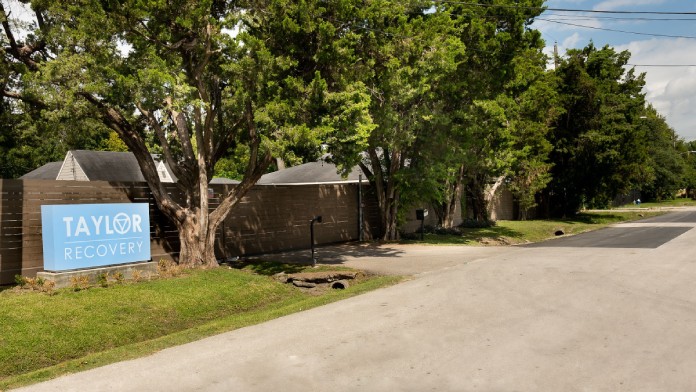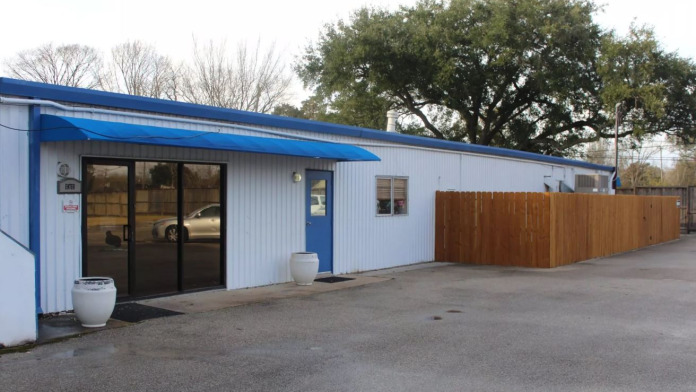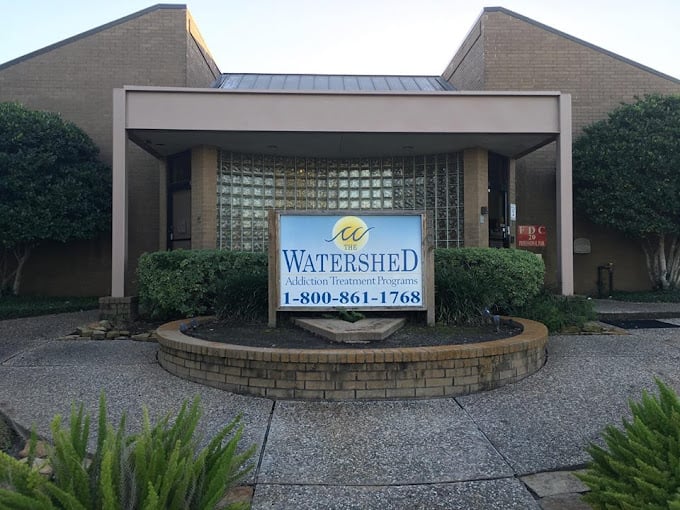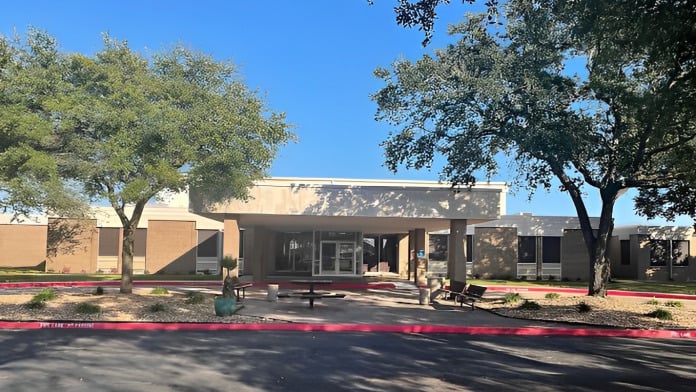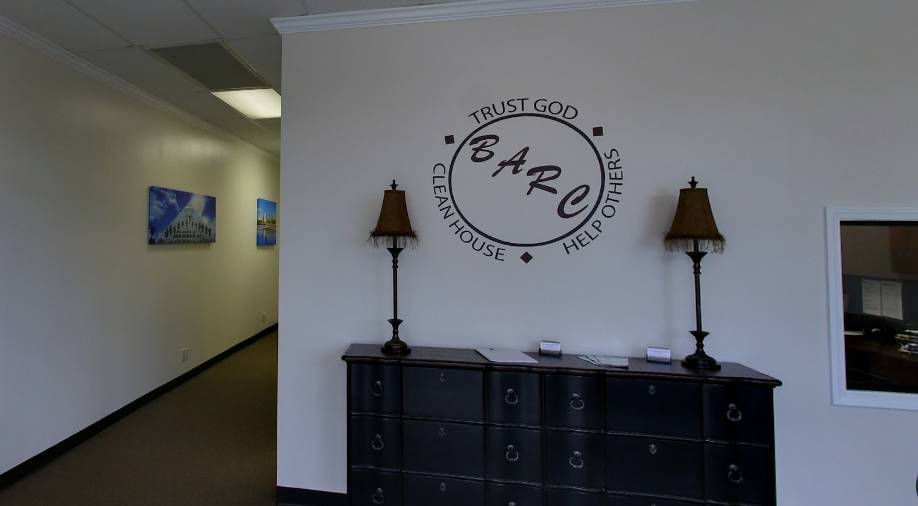About IntoAction Recovery Center – Extended Aftercare
After completing an initial program, you can participate in their addiction aftercare services. They provide a transitional living space where you can access similar therapeutic interventions as inpatient and outpatient rehab. You’ll benefit from group and family therapy, 12 Step programs, co occurring disorder treatment, and recreational therapy.
What stands out most to me is their focus on your future. They help you rebuild your life and set yourself up for a smooth transition to life after treatment. You can access self care and mindfulness programs, aftercare planning, and relapse prevention. Their dedicated team helps you dive deep into your goals and goes above and beyond to help you achieve them.
I also admire the wide array of therapeutic interventions and services they offer. Their program is truly comprehensive, incorporating fundamental elements to promote long term recovery. They create a harmonious balance of support and independence. Along with proven treatment approaches, you’ll benefit from tools like employment and housing assistance to help you get back on your feet and succeed in recovery.
Latest Reviews
Rehab Score
Gallery
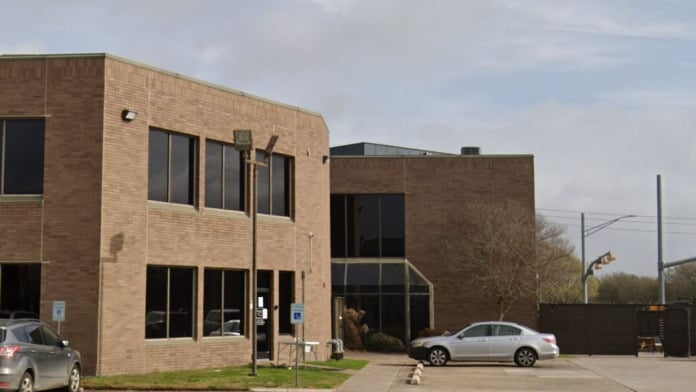
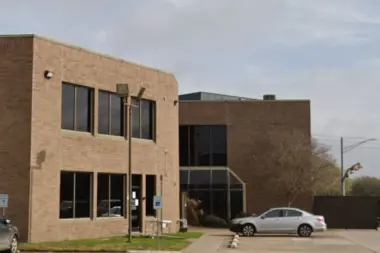
Accepted Insurance

Other Forms of Payment
Private insurance refers to any kind of healthcare coverage that isn't from the state or federal government. This includes individual and family plans offered by an employer or purchased from the Insurance Marketplace. Every plan will have different requirements and out of pocket costs so be sure to get the full details before you start treatment.
Self-pay involves paying for treatment out of your own pocket. You can use savings or credit, get a personal loan, or receive help from family and friends to fund your treatment. If you don't have insurance or your insurance plan doesn't cover a specific program, self-pay can help ensure you still get the care you need.
Financial aid can take many forms. Centers may have grants or scholarships available to clients who meet eligibility requirements. Programs that receive SAMHSA grants may have financial aid available for those who need treatment as well. Grants and scholarships can help you pai for treatment without having to repay.
Sliding scale payments are based on a client's income and family size. The goal is to make treatment affordable to everyone. By taking these factors into account, addiction recovery care providers help ensure that your treatment does not become a financial burden to you or your family, eliminating one barrier to care.
Military members, veterans, and eligible dependents have access to specific insurance programs that help them get the care they need. TRICARE and VA insurance can help you access low cost or no cost addiction and mental health treatment. Programs that accept military insurance often have targeted treatment focused on the unique challenges military members, veterans, and their families face.
Addiction Treatments
Levels of Care
Into Action’s alcohol detox program is a safe and medically-supervised period of withdrawal. A custom detoxification plan is created for each patient to target the patient’s problem with alcohol in order to safely remove the substance before rehabilitation can begin. Detoxification is the second step (after the decision to seek treatment) in achieving sobriety. Their 24/7 medically-supervised program provides individualized detox plans designed to increase the chances of a successful treatment program.
Inpatient drug rehab and alcohol treatment programs provide you with a safe, secure, structured environment that allows you to focus on achieving your sobriety. Into Action’s inpatient programs are managed by their experienced staff to provide custom, effective treatment of your addiction.
At certain points in the recovery process, it's important to have support available 24/7. 24-hour clinical care offers a safe environment in which to recover from drug or alcohol addiction in peace, knowing medical detox and other treatment will happen with professionals on hand.
Into Action’s intervention professionals work with the addict’s family and friends to prepare for the intervention. They understand how emotional and difficult confronting an addict is, and that each situation is unique based on the addict and the type of addiction. Their staff will help plan and facilitate the intervention. They will provide access to resources and assist with the development of a treatment plan and admission into a program.
The 12-step process provides an incredibly useful template for their counselors to expand upon. In their most simple form the 12 steps emphasize: honesty, personal accountability, repairing damage done through addiction and helping others. It is from this simple foundation that their staff endeavors to help clients work through the recovery process by confronting their past, being content with the present and embracing their future.
Completing a drug or alcohol rehab program shouldn’t spell the end of substance abuse treatment. Working with cognitive behavioral techniques, clients are trained on relapse prevention activities. They learn to identify and prevent high-risk situations as they readjust into their real world environment. Each client works with counselors and formulates their appropriate aftercare and next phase steps. These cover program, housing, work, and self-care itineraries. Clients will have the tools necessary to reintegrate into their everyday lives. They provide a safe place for our Alumni to meet, support each other, and to carry the message of recovery outside of the facility.
Treatments
The goal of treatment for alcoholism is abstinence. Those with poor social support, poor motivation, or psychiatric disorders tend to relapse within a few years of treatment. For these people, success is measured by longer periods of abstinence, reduced use of alcohol, better health, and improved social functioning. Recovery and Maintenance are usually based on 12 step programs and AA meetings.
During rehab in Texas, you'll deal with underlying issues that contribute to addiction. By addressing these challenges and learning healthy ways to cope with them, you'll develop strategies that help you live a drug-free lifestyle.
Opioid rehabs specialize in supporting those recovering from opioid addiction. They treat those suffering from addiction to illegal opioids like heroin, as well as prescription drugs like oxycodone. These centers typically combine both physical as well as mental and emotional support to help stop addiction. Physical support often includes medical detox and subsequent medical support (including medication), and mental support includes in-depth therapy to address the underlying causes of addiction.
Substance rehabs focus on helping individuals recover from substance abuse, including alcohol and drug addiction (both illegal and prescription drugs). They often include the opportunity to engage in both individual as well as group therapy.
Programs
Adult rehab programs include therapies tailored to each client's specific needs, goals, and recovery progress. They are tailored to the specific challenges adult clients may face, including family and work pressures and commitments. From inpatient and residential treatment to various levels of outpatient services, there are many options available. Some facilities also help adults work through co-occurring conditions, like anxiety, that can accompany addiction.
Young adulthood can be an exciting, yet difficult, time of transition. Individuals in their late teens to mid-20s face unique stressors related to school, jobs, families, and social circles, which can lead to a rise in substance use. Rehab centers with dedicated young adult programs will include activities and amenities that cater to this age group, with an emphasis on specialized counseling, peer socialization, and ongoing aftercare.
Clinical Services
Led by a LCDC, groups are held to effect the treatment of various problems that may include anxiety, personality and substance disorders. The focus tends to center on extracting the symptoms and looking at them in their present day environment. Their team of LCDC’s assists the client in identifying their negative behavior patterns and the resulting consequences. After identification we coach them on how to modify their behaviors to certain events to bring about positive consequences.
Drug and alcohol addiction affects both members of a couple in deep and meaningful ways, as does rehab and recovery. They work with clients in counseling sessions to identify and better manage or reconcile troublesome differences and repeating patterns of distress. The relationship may be between family members, couples, employees or employers in a workplace.
The initial ten days of treatment typically involves a brief communication blackout period. This allows their staff to begin the detox process, if necessary, as well as beginning to lay the foundation for family counseling. Families are more than welcome to call and ask to speak to their loved one’s counselor during this period. They very strongly encourage family participation and want families to be a part of the process.
Group therapy is any therapeutic work that happens in a group (not one-on-one). There are a number of different group therapy modalities, including support groups, experiential therapy, psycho-education, and more. Group therapy involves treatment as well as processing interaction between group members.
In individual therapy, a patient meets one-on-one with a trained psychologist or counselor. Meetings are held to teach clients relative coping skills that relate to personal and interpersonal efforts. Stressors that present themselves as challenges will be addressed. Personal counseling will take place as needed with trained professionals.
Life skills training will take place to help each individual with the demands and challenges of everyday life. Practicing life skills leads to qualities such as self-esteem, sociability, and tolerance that clients may have lost while coping with their disease. This training prepares the client for their next phase of recovery.
Motivational Interviewing (MI) is a clinical approach to helping people with substance abuse issues and other conditions shift behavior in positive ways. It is more goal-oriented than traditional psychotherapy, as MI counselors directly attempt to get clients to consider making behavioral change (rather than wait for them to come to conclusions themselves). By having groups that treat alcohol and drug problems relating to normative-based feedback our LCDC’s can evaluate the client’s motivation to change in light of their input.
Nutrition therapy, aka medical nutrition therapy (MNT), is a way of treating physical, emotional, and medical conditions through diet. Specific dietary plans are designed by professional nutritionists or registered dietitians, and patients follow them in order to positively affect their physical and mental health.
Trauma therapy addresses traumatic incidents from a client's past that are likely affecting their present-day experience. An external class is offered by a therapist on the subject of Post-Traumatic Stress Disorder and the way it affects substance abuse. The intense 3-day seminar covers addiction, abandonment, abuse, grief, and trauma issues.
Amenities
-
Private Setting
Staff & Accreditations
Staff

Shane Leonard
Co-Founder / CEO
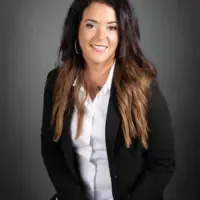
Priscilla Leonard
Co-Founder / Director

Jon Hansen
CFO
Accreditations

The Commission on Accreditation of Rehabilitation Facilities (CARF) is a non-profit organization that specifically accredits rehab organizations. Founded in 1966, CARF's, mission is to help service providers like rehab facilities maintain high standards of care.
CARF Accreditation: Yes
Contact Information
17250 El Camino Real
Houston, TX 77058
